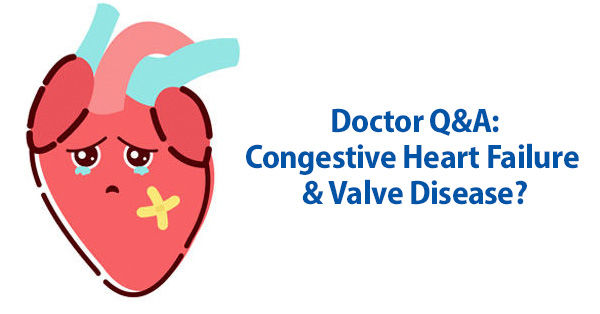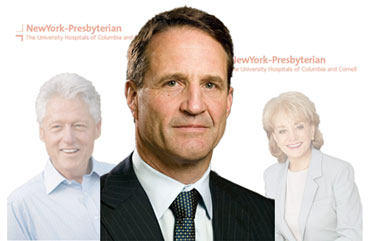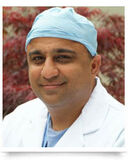“Is Congestive Heart Failure Common After Heart Valve Surgery?” asks Shae
Written By: Adam Pick, Patient Advocate, Author & Website Founder
Medical Expert: Craig Smith, MD, Chief of Cardiac Surgery, NewYork-Presbyterian / Columbia University Medical Center
Page Last Updated: June 7, 2025
I just received a great question from Shae, a patient, about congestive heart failure after heart valve surgery.
Shae writes to me, “Hi Adam – How often is it that patients develop congestive heart failure years after having the mitral valve replaced (with a cow valve) and having the tricuspid valve fixed? I had my valves fixed and replaced in 2012. Now, I just had a surprise diagnosis of congestive heart failure (CHF). Apparently, doctors know this can happen but I was never informed about this.”

To help Shae and our patient community learn more about heart failure, I wanted an expert opinion. For that reason, I immediately contacted Dr. Craig Smith, the Chair of the Department of Surgery at NewYork-Presbyterian / Columbia University Medical Center in New York. A heart valve guru and long-time supporter of HeartValveSurgery.com, Dr. Smith performed surgery on President Bill Clinton, Barbara Walters and many patients from our patient community including Linda Tamburrino, Bob Pratt, and Anne McCormick.

Dr. Craig Smith Says…
In his email response to me, Dr. Smith first addressed the potential causes of congestive heart failure after heart surgery:
There are many possible causes of what might be labeled “CHF” (congestive heart failure). Problems with valves treated surgically in 2012 are not the only things on the list, but are a very reasonable place to start looking. In this scenario, a simple echocardiogram will provide lots of useful information. If other possible causes of CHF have been confidently excluded, and one or more of your valves are incriminated, it’s usually possible to do something.
Dr. Smith then discussed what can be done if a valvular disorder is the source of heart failure:
Treatment options might involve re-replacing a valve, or replacing a valve that was normal in 2012. Those treatments might or might not require repeat open heart surgery. Today, transcatheter techniques (e.g. MitraClip) often apply. The range of treatment options, and the relative safety of any particular treatment option, will have much to do with the patient’s general health and the strength of the patient’s heart muscles.
Next, Dr. Smith then addressed other treatment options including heart transplant:
If there is no easy and obvious technical solution to your CHF, it might we worth finding a cardiologist who specializes in the treatment of heart failure. They are often associated with heart transplant centers at large academic institutions. That said, many general cardiologists and internists have become quite sophisticated, depending on the spectrum of their practice.
As I read Dr. Smith’s responses to Shae, I then wondered, “If a defective heart valve is the source of CHF, can a successful heart valve surgery transition the patient out of heart failure?” A few minutes later, Dr. Smith emailed me back with the following remark:
The short answer is yes. If the primary cause of CHF is a defective heart valve, successful heart surgery can eliminate CFH. If the heart muscles have been irreversibly damaged by longstanding uncorrected heart failure or other causes, successful heart valve surgery can still produce significant improvement by restoring more efficient mechanics. But, some CHF may remain, and the comparison of risks to benefits needs thoughtful consideration.
Thanks Shae! Thanks Dr. Smith!
I hope that helped Shae (and perhaps you) learn more about heart failure and valvular disorders. I know it helped me!
Many thanks to Shae for her excellent question. And, once again, a special thanks goes out to Dr. Craig Smith for sharing his research and clinical experiences with our patient community. As mentioned above, Dr. Smith has been a long-time supporter of our community and I can not thank him enough for his educational contributions specific to aortic valve debris after TAVR, exercise and durability of heart valve replacements, mitral regurgitation progression, pericardium adhesions, and so many more topics.
- See Dr. Smith’s Interactive Surgeon Profile
- Discover the Columbia University Medical Center Heart Valve Microsite
Keep on tickin!
Adam












